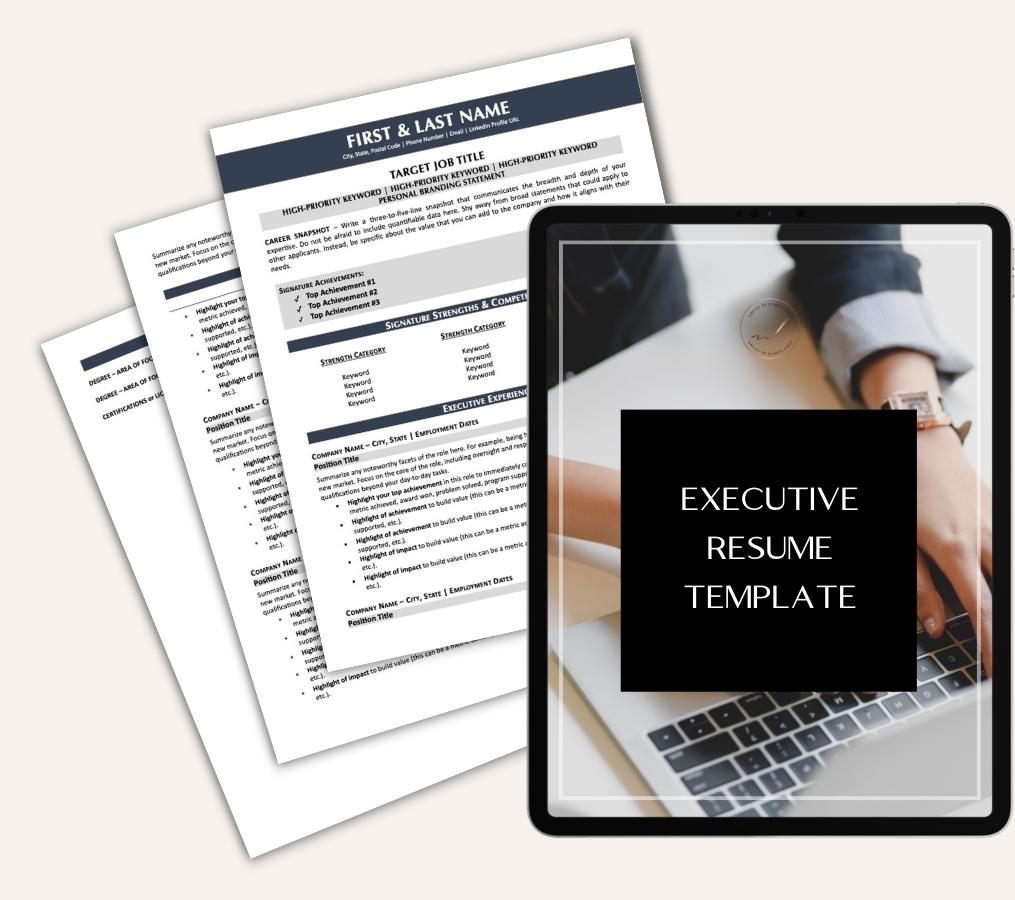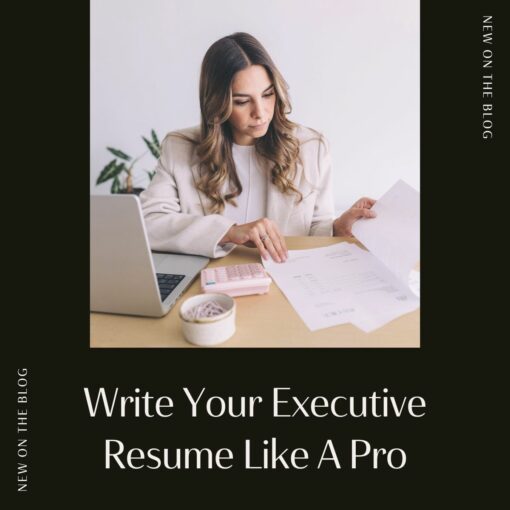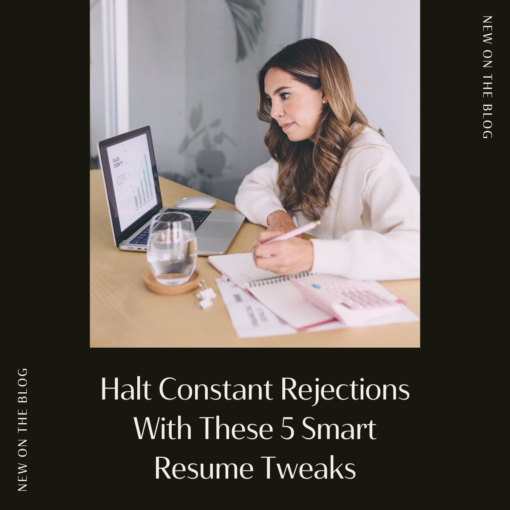An End to the Confusion: Do I Need a Resume or a CV?
A lot of people have resume questions. Either they have an older resume or this is their first time creating one. That means it can be quite a challenge for inexperienced resume writers or someone who has not had to alter their resume in years. But, with a sore economy and high unemployment, a strong resume or CV has never been more important.
Many job sites will ask for a CV or a resume when you submit your application, yet people still do not know the actual differences between the two. So, in order to alleviate some of these concerns, we’ve put together the comprehensive guide to what makes a CV and what constitutes a resume.
What is the difference between a Resume and a Curriculum Vitae (CV)?
The main differences are the length, the content and your purpose. Resumes are a one to two page summary of your experience, education and accumulated skills. Your story. Typically, you want to be concise and as focused as possible when writing your resume. Most people will only spend a minute or two on reviewing your qualifications, so being concise is extremely important.
On the other hand, a Curriculum Vitae, more commonly known as a CV, is longer (usually starting at about two pages), and much more detailed. They include a complete summary of your education and academic background, teaching and research experience, past publications, presentations, honors and awards, group affiliations and other pertinent details.
When should you use a CV?
When in the United States, a CV is most often used when applying for academic and educational careers, scientific studies, research positions that require grants or other awards. The same is true for a CV, you will need different versions of it in order to appeal to the right audience. Your CV detailing academic findings on fossils will need to be altered in order to get a grant to study extinct plant species.
What should a CV contain?
When writing your CV, you need to include the basics such as your name, contact information, educational history, skills and other relevant experience. Also include research and teaching experience, published works, and grants or fellowships you have received. Any professional groups or different licenses, awards along with relevant information about the position should be included. One option is to create a list of your background information so that you can organize it easily. Include dates on all of the publication information you provide.
How do you write a CV?
Before you start writing a CV, get some help from a professional CV writer. They are different than traditional resumes, so it would help if you had someone to guide you along the process. The first impression is the most important, and that’s what your CV will be, so get help so that you create a broad ranged CV capable of showcasing your skills and experience. Good luck out there.
Guest Post by: Erin Kennedy, CPRW, CERW, BS/HR, is a Certified Professional & Executive Resume Writer/Career Consultant and President of Professional Resume Services, Inc. She is a nationally published writer and contributor of 9+ best-selling career books. She has achieved international recognition following yearly nominations of the prestigious T.O.R.I. (Toast of the Resume Industry) Award. Erin has written thousands of resumes for executives and professionals. As a proud member of PARW, CDI, AORCP, Erin also sits on CDI’s Credentialing Committee for new certification candidates and serves as a Mentor for CDI’s Member Mentoring Committee. She also is a featured blogger on several well-known career sites http://exclusive-executive-resumes.com. For additional tips and advice on resumes and cover letters, follow us on Twitter @GreatResume or visit our blog.
Share this post:

About the author
Jessica Hernandez, President, CEO & Founder of Great Resumes Fast
Hi, I’m Jessica. I started this company back in 2008 after more than a decade directing hiring practices at Fortune 500 companies.
What started as a side hustle (before that was even a word!) helping friends of friends with their resumes has now grown into a company that serves hundreds of happy clients a year. But the personal touch? I’ve kept that.
You might have seen me featured as a resume expert in publications like Forbes, Fast Company, and Fortune. And in 2020, I was honored to be named as a LinkedIn Top Voice of the year!
I’m so glad you’re here, and I can’t wait to help you find your next perfect-fit position!
Improve Your Resume: Download Your Free Executive Resume Template Today
Are you struggling to create an executive resume that will impress employers? Download this free executive resume template and receive a series of 10 emails with expert guidance on how to write resume content that resonates with employers so you get more interviews.
It's everything you need to stand out, make an impression, and accelerate your job search.








